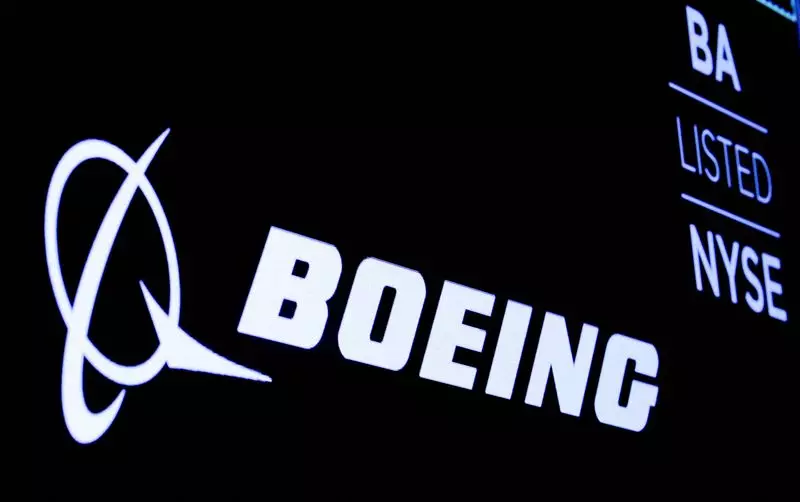Boeing, a leading aerospace company, is making significant changes to how it compensates its employees in order to shift the focus towards safety and quality. This decision comes after the company faced production issues, particularly highlighted by the recent incident involving an Alaska Airlines door plug blowout. According to a report by the Wall Street Journal, Boeing will be implementing a new bonus structure for its non-union workforce in an effort to address its long-standing quality concerns.
One of the major changes in Boeing’s revamped bonus plan is the increased emphasis on safety and quality metrics, especially in its commercial unit. Previously, financial incentives accounted for 75% of the annual bonuses, with only 25% tied to operational goals related to quality and safety. However, under the new plan, safety and quality metrics will now make up 60% of the annual bonuses in the commercial unit. This shift reflects Boeing’s commitment to prioritizing safety and quality in all aspects of its operations.
The metrics that will be used to determine employee bonuses include factors such as employee safety, work sequence accuracy on the assembly line, and rework needed to address production issues. These operational objectives are crucial in ensuring that Boeing’s employees are working efficiently and in compliance with the company’s safety standards. By aligning bonus incentives with these metrics, Boeing aims to foster a culture of accountability and excellence among its workforce.
In addition to the commercial unit, Boeing’s defense and services units will also see changes in how bonuses are awarded. While financial metrics will continue to determine 75% of bonuses in these units, quality and safety will be the sole factors influencing operational scores. This strategic decision underscores Boeing’s commitment to upholding the highest standards of safety and quality across all its business divisions.
Boeing’s executives and managers, including CEO Dave Calhoun, will be evaluated based on the average performance of all three units. This ensures that leadership is held accountable for upholding safety and quality standards throughout the organization. By linking executive compensation to overall operational excellence, Boeing is sending a clear message about the importance of prioritizing safety and quality at all levels of the company.
Boeing’s decision to revamp its employee bonus structure to prioritize safety and quality marks a significant step towards addressing the company’s quality issues. By aligning incentives with operational metrics related to safety and quality, Boeing is reinforcing its commitment to excellence and accountability. This new approach not only benefits employees but also strengthens Boeing’s position as a leader in the aerospace industry.

